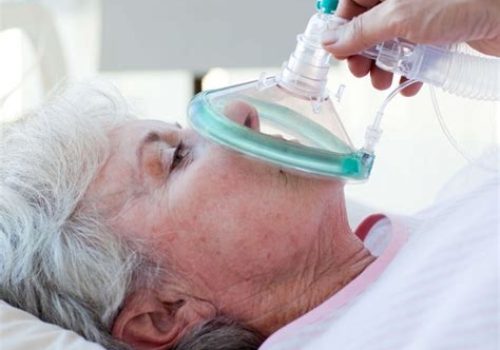
Complex care is specialised help that is provided to an individual with a chronic or long-term health condition. This means individuals require more assistance with managing their symptoms and everyday activities in order to maintain a high quality of life. Due to the complexity of the needs of the individual, complex care requires competent carers who are specifically trained to deal with the specific health condition of the client. Our assessment therefore is rigorous for complex carers, so as to align you with the best qualified private carer available.






